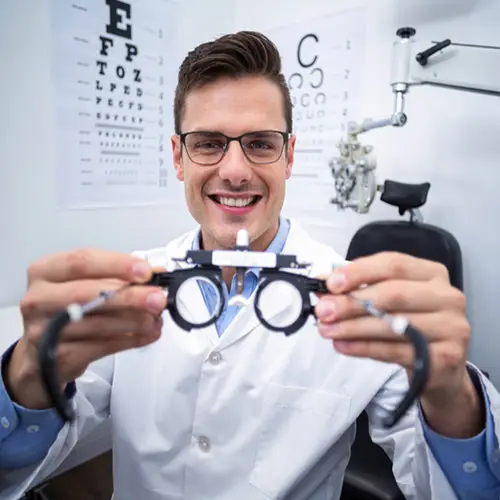
Health Insurance for Weight Loss Surgery: What You Need to Know
Does health insurance cover weight loss surgery? In this article, we take a look at what level of insurance covers weight loss surgery in Australia.

When it comes to optical cover, you can expect to have access to a range of services that typically fall into three categories. However, it’s important to note that each health fund may have different levels of optical cover with varying benefits and limits.


When it comes to optical cover, you can expect to have access to a range of services that typically fall into three categories. However, it’s important to note that each health fund may have different levels of optical cover with varying benefits and limits.

Does health insurance cover weight loss surgery? In this article, we take a look at what level of insurance covers weight loss surgery in Australia.

For those grappling with mental health struggles, finding the right support is essential – and private health insurance can be a big part of getting you the help you need.

Taking out private health insurance is a way for single Australians to get a bit more control over their healthcare. But how much does it cost?


Monday-Thursday: 9am – 6pm
Friday: 9am – 5 pm
Saturday and Sunday: Closed


Fair Health Care Pty Ltd (ABN 86 622 966 303) is a subsdiary company of The ItsMy Group Pty Ltd (ABN 85 167 289 965), who are signatories to the Private Health Insurance Intermediaries Code of Conduct. All advice is provided within strict adherence to this code.
© 2024 Fair Health Care Pty Ltd – ABN 86 622 966 303